|
Trauma: How to Heal from Trauma and Feel Safe in the World is an empowering mental health mini zine that gives a basic overview of trauma and available therapies. This is a great booklet for people living with depression, mental illness, or PTSD wanting to learn tools for self love and mental wellness. Available for purchase on our Etsy Shop or read for free below. If you'd rather read the transcribed text, scroll to the bottom of this post. The One Minute Happiness series is a growing collection of mini zines that explore different topics in coping with anxiety and depression by providing empowering insights into various areas of mental health. They include Happy Healthy Checklist, Happy Healthy Eating, Happy Healthy Habits, Happy Healthy Suffering, Soulular Potential, Forgiveness, Trauma, and Your Highest Form. Read them all for free on our Etsy Shop.
www.sageliskey.com www.facebook.com/radcatpress www.instagram.com/sage.liskey/ ********************************** Transcribed text from Trauma - How to Heal from Trauma and Feel Safe in the World Introduction In many people, coping with depression and building a fulfilling life involves recovering from trauma. Trauma is caused by mildly to substantially stressful events embedding a pattern of fear, anxiety, and depressed emotions on a person when exposed to stimuli (triggers) related to the initial event. Without proper support, these patterns can consume our well-being, relationships, career goals, and happiness for life. You can learn more about alternative mental health and the science of happiness at www.sageliskey.com Please note that while the information contained herein is researched and has worked for me, I am not a medical professional and none of this is meant to be medical advice. As such I do not guarantee the accuracy of the information presented and disclaim liability for errors and omissions. The front cover is a digital collage created by Sage Liskey. Causes and Symptoms of Trauma Anyone can be traumatized, and it is most common in military personnel, victims of physical, mental, and sexual abuse, and survivors of severe injuries and car crashes. Breakups and the loss of loved ones can also result in trauma. These events form a trigger in which any stimuli that reminds the brain of previous trauma causes the flight or fight response to activate, creating an immediate sensation of danger, even in completely safe environments. Symptoms include depressed feelings, flashbacks, rapid changes in mood, nightmares, memory and sleeping problems, various psychological disorders, and avoiding any stimuli (triggers) similar to a stressful event including sights, sounds, smells, feelings, and lighting. Treating Trauma Trauma is completely treatable but therapy is often necessary in order to help guide the brain away from irrational thoughts and provide tools for the traumatized to work with. Some trauma therapy slowly reintroduces trauma triggers in a safe environment where the mind can acclimate to knowing those stimuli are in fact normal and safe. A person may be able to go through this process themselves by engaging in visualization practices (lucid dreaming can work too), using virtual reality, watching videos, or otherwise slowly reintroducing a stimuli. If you cannot afford a therapist, there are a number of free online communities to help, books such as Complex PTSD by Pete Walker, and affordable group trainings such as Holistic Peer Counseling and Solsara that incorporate methods of trauma healing. Medications for Trauma Medications such as anti-depressants and anti-anxiety drugs can be used to relieve the symptoms of PTSD, but typically do not lead to a cure. An exception can be made for certain psychoactive substances. While illegal outside of research settings, studies into psychedelic-assisted therapy, especially with MDMA, has allowed users to complete PTSD treatment much sooner than usual and in some cases find relief when no other methods worked. Note that the dosage, environment, and location are carefully crafted by therapy professionals and differs considerably from recreational use of these substances. You can learn more about the latest research by going to www.maps.org and keep up-to-date about legalization efforts. Trauma Therapy There are a variety of trauma therapies that may be utilized to help stop symptoms and allow clients to resume a normal life. Not everyone reacts the same and some therapists are bad, so try several. Typically therapists will utilize a combination of these techniques. Here are a few of them: Exposure Therapy: Exposes a person to stimuli related to their trauma, slowly convincing the mind that the trigger is safe. Cognitive Behavioral Therapy: Uses a combination of tactics, including exposure therapy and fixing distorted beliefs by teaching people ways of replacing negative or incorrect thoughts with objective reasoning – “all dogs are bad” vs. “some dogs hurt people out of fear, and I can learn how to avoid that.” Trauma Therapy, Continued Somatic Experiencing (SE): This type of therapy is based on the idea that trauma is energy that got trapped during a stressful event in particular body areas. SE explores an individual's present and past emotional states surrounding a traumatic experience and finds ways of helping them express that emotion in such a way that it is released. This can take the form of yelling, crying, dancing, or any directed energetic outburst after exposing the traumatic memory. Eye Movement Desensitization and Reprocessing (EMDR): Part of this surprisingly effective treatment simply has the patient follow a moving object with their eyes while vocally remembering details of their traumatic experience.
1 Comment
Forgiveness - How to Forgive Yourself and Others is an empowering mental health mini zine that quickly covers the ins and outs of forgiveness to strengthen communication, promote mental wellness and nurture self love. When we associate a person with a bad experience, we can choose to forgive or not forgive that person. Depending on what the other person did, you must decide whether or not forgiving them is the better option. Would it cause you relief or result in more suffering? You may or may not announce that you are formally forgiving a person, but forgiveness is always a personal mental action. Available for purchase on our Etsy Shop or read for free below. If you'd rather read the transcribed text, scroll to the bottom of this post. The One Minute Happiness series is a growing collection of mini zines that explore different topics in coping with anxiety and depression by providing empowering insights into various areas of mental health. They include Happy Healthy Checklist, Happy Healthy Eating, Happy Healthy Habits, Happy Healthy Suffering, Soulular Potential, Forgiveness, Trauma, and Your Highest Form. Read them all for free on our Etsy Shop. www.sageliskey.com www.facebook.com/radcatpress www.instagram.com/sage.liskey/ ********************************** Transcribed text from Forgiveness - How to Forgive Yourself and Others Introduction When we associate a person with a bad experience, we can choose to forgive or not forgive that person. Depending on what the other person did, you must decide whether or not forgiving them is the better option. Would it cause you relief or result in more suffering? You may or may not announce that you are formally forgiving a person, but forgiveness is always a personal mental action. You can learn more about alternative mental health and the science of happiness at www.sageliskey.com Please note that while the information contained herein is researched and has worked for me, I am not a medical professional and none of this is meant to be medical advice. As such I do not guarantee the accuracy of the information presented and disclaim liability for errors and omissions. The front cover is a digital collage created by Sage Liskey. Forgiving A Person Living with anger and sadness constantly pushes down our personal emotional state. You don't have to forgive a person, but it typically feels better if you do. If you want to forgive someone, you must do two things: 1) Desire to both forgive and continue creating new memories with the person in question. 2) Stop thinking about what that person did or did not do. This is much simpler if you can communicate with the person in question. Communicating Forgiveness The easiest way to forgive someone is to communicate, preferably in person, whatever is frustrating you and ask for that person to change their behavior. Typically friends will listen and heed your desires. When communicating your frustration, avoid using judgments and instead keep with observable facts and feelings – “When you broke my vase I felt really angry and am having trouble trusting you around my possessions.” That will help a person feel much more open to communicating over saying “you're a careless asshole.” More on this style of speaking can be learned through Nonviolent Communication developed by Marshall B. Rosenberg. Forgiving Yourself While in many instances we need to forgive others, in some we need to forgive ourselves to relieve the self-criticism that emotionally weighs on us. Follow these steps: 1) Desire to forgive yourself. 2) Stop thinking about what you did or did not do. 3) Understand why what you did in the specific instance caused yourself or others suffering, and be willing to avoid recreating that series of events again. 4) Continue on with your life by participating in daily activities and spending time with people. It is most difficult to forgive yourself when you are isolated. Helpful Tips 1) Take time away from your source of frustration and form new memories with other people. You may forget why you were angry at the person in question or at least cool down enough to want to give them another chance. If you're close enough, the good memories often overwhelm the bad ones. 2) See a therapist and work through traumatic experiences surrounding a difficult to forgive person. 3) Don't wait around for the other person to apologize. Sometimes finding, naming, and apologizing for your own role in a conflict can greatly help soften a difficult conversation. 4) Create a gratitude list by writing down everything that you have appreciated about a person – why does one bad experience have to destroy the connection you have? Helpful Tips, Continued 5) Forgive yourself and others as soon as possible. It will become more and more difficult to do so the longer you wait.6) Understand that behind all anger is sadness. Instead of focusing on the anger, find out why you are sad. 7) If you can will yourself to dream or do visualization exercises about a person, working out emotions there can assist in the process of forgiveness. 8) Walk in their shoes – were they being intentionally hurtful? Did they have trauma from youth? Have empathy.9) How many times do you forgive a person before you realize that they're not worth the pain? Is there a recurring pattern to what you need to forgive others for? Why is that? Is there anything attached to your youth, previous relationships, or cultural heritage? |
About Me
Hi! My name is Sage Liskey, the founder of the Rad Cat Press. I grew up seeing a lot of the disturbing, toxic, and unhealthy sides of American culture, and I wanted to do something to change it. Since 2010 I have been writing books and zines (booklets) focused around uplifting lives and reimagining society, with a primary focus in mental health and empowerment. I believe a better world is possible, so I hope you feel inspired and a little more fulfilled from what you find here. Read on about my mission.
Subscribe to my Patreon here for lots of great perks including e-books of all my work, discounts, member's-only content, access to my digital library, and much more!
My Books and Zines
Instagram
Upcoming Events
Categories
All
Archives
August 2023
|
|
© 2022 -- Sage Liskey. All rights reserved
RadCatPress@Gmail.com |
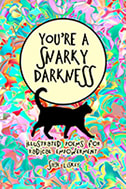
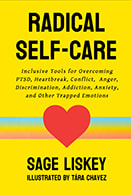
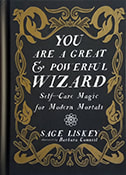
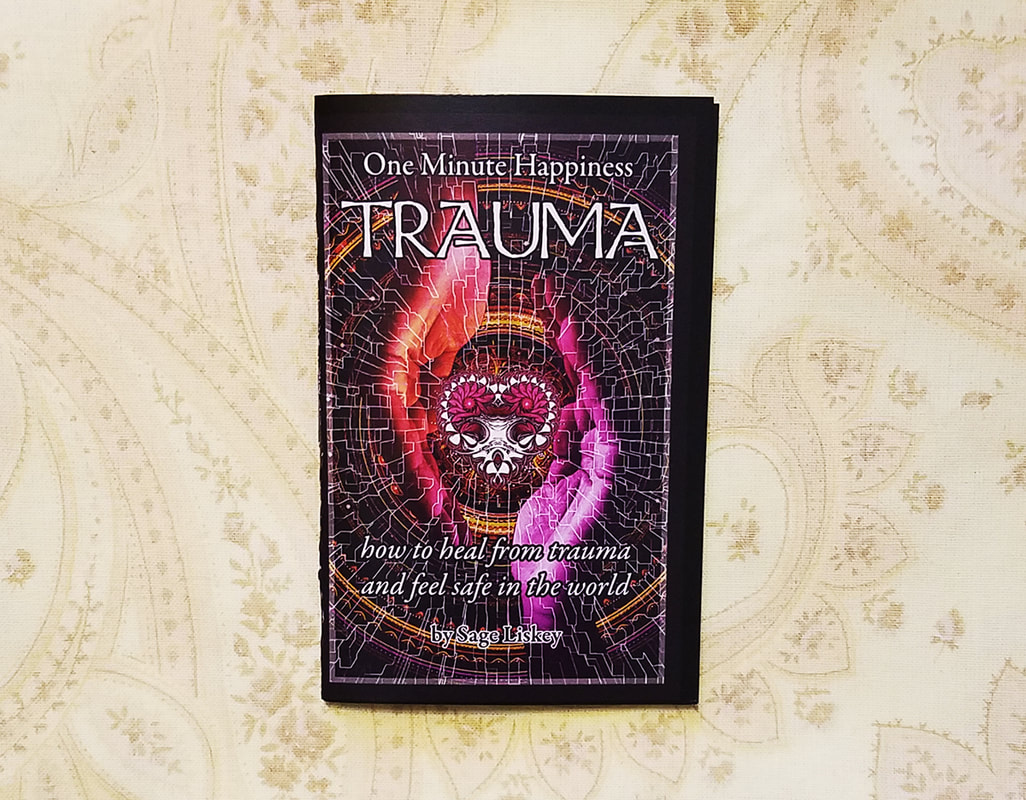
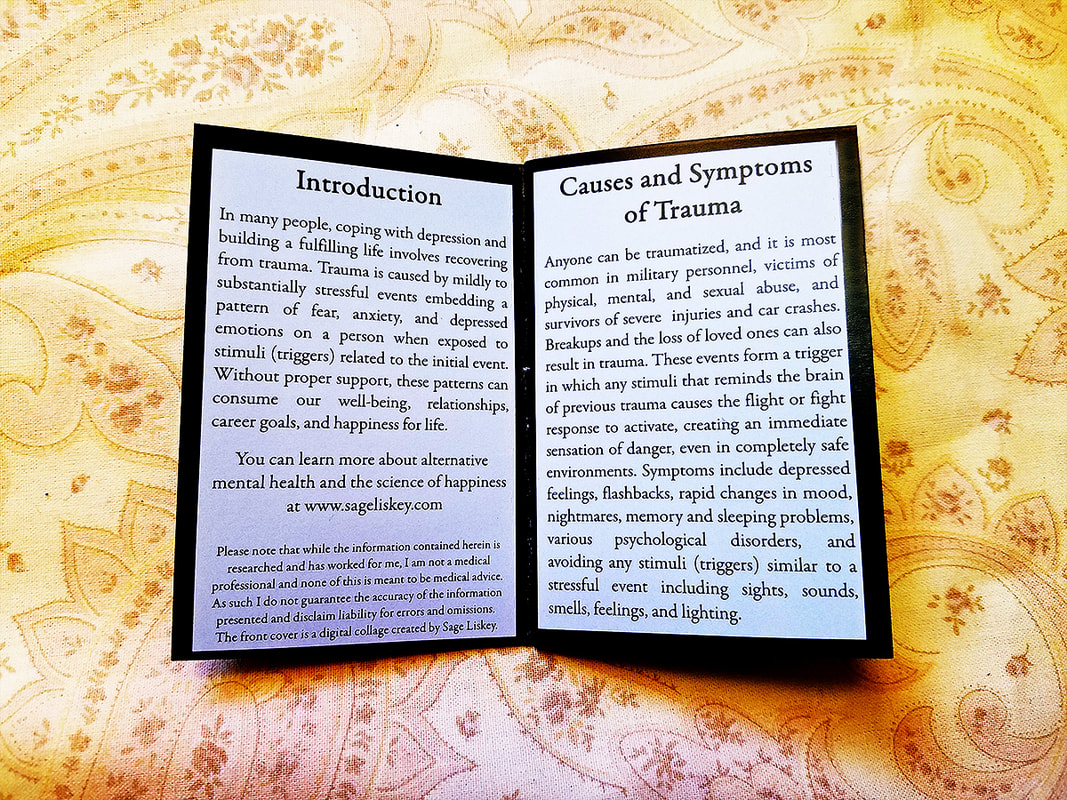
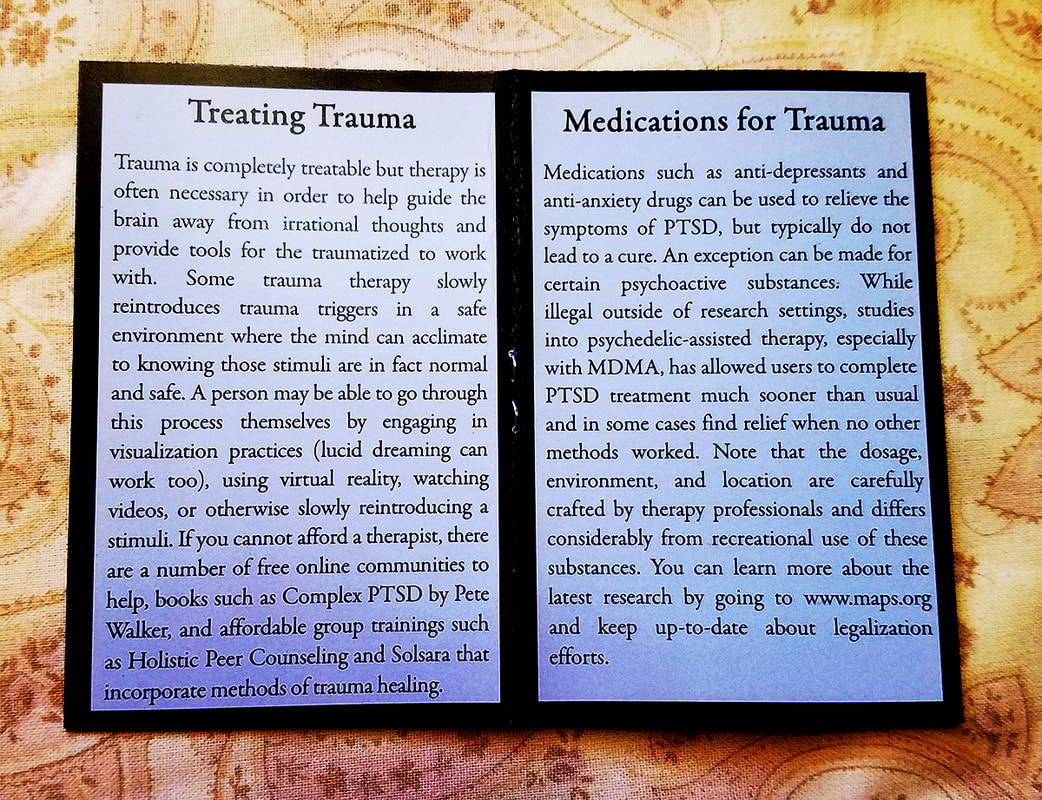
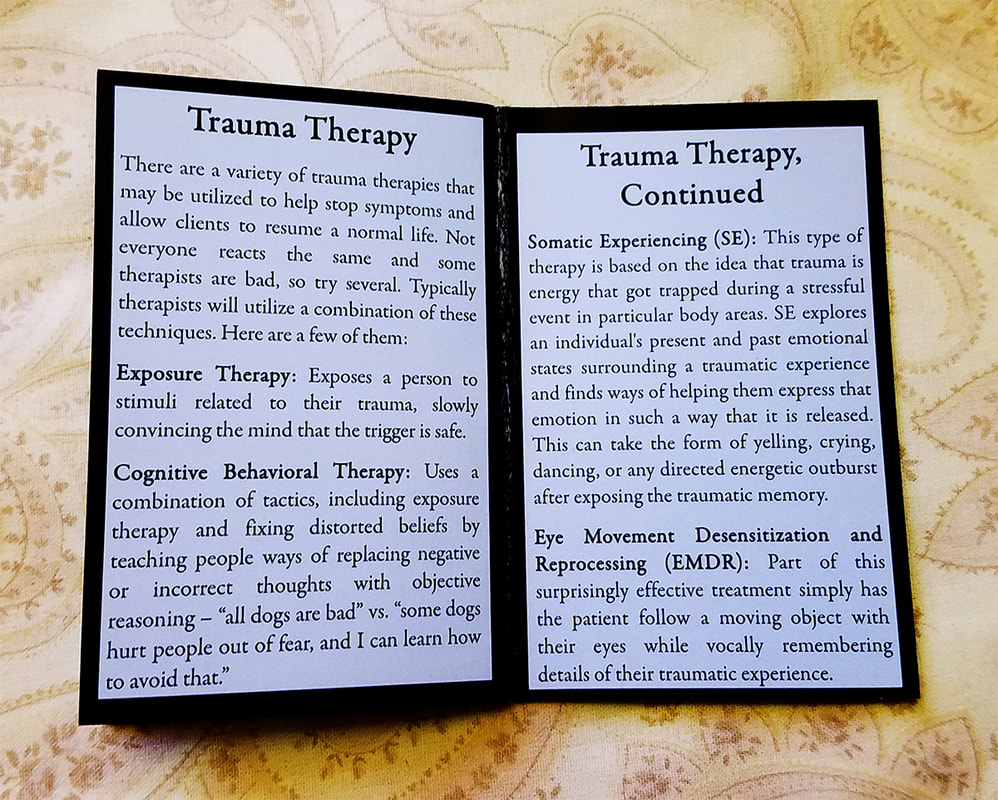
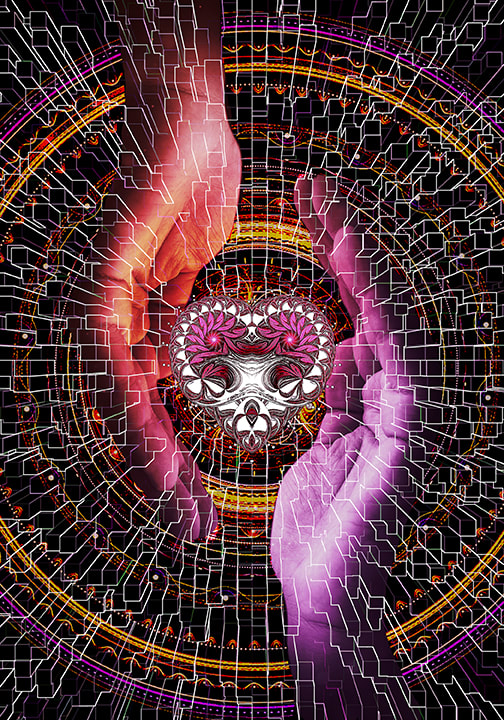
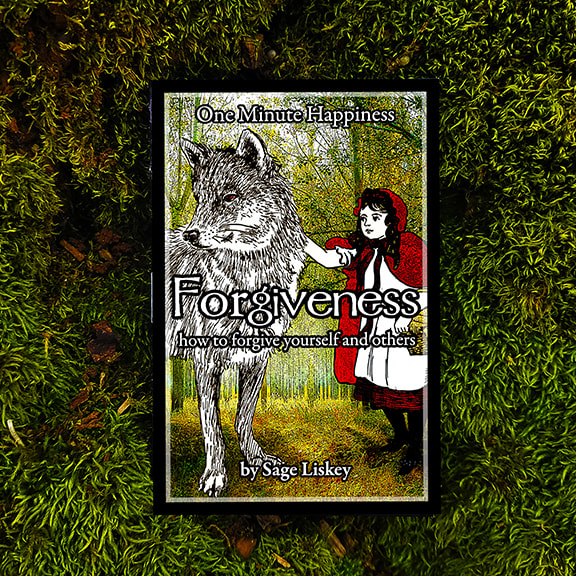
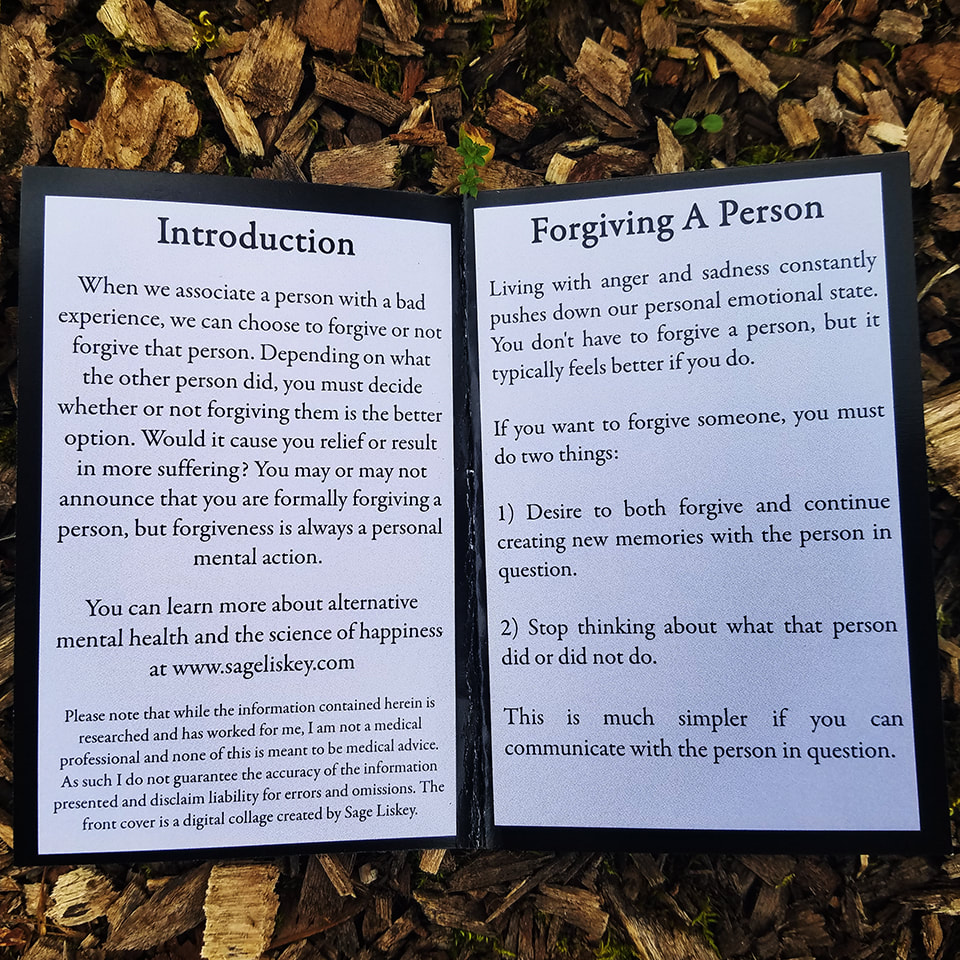
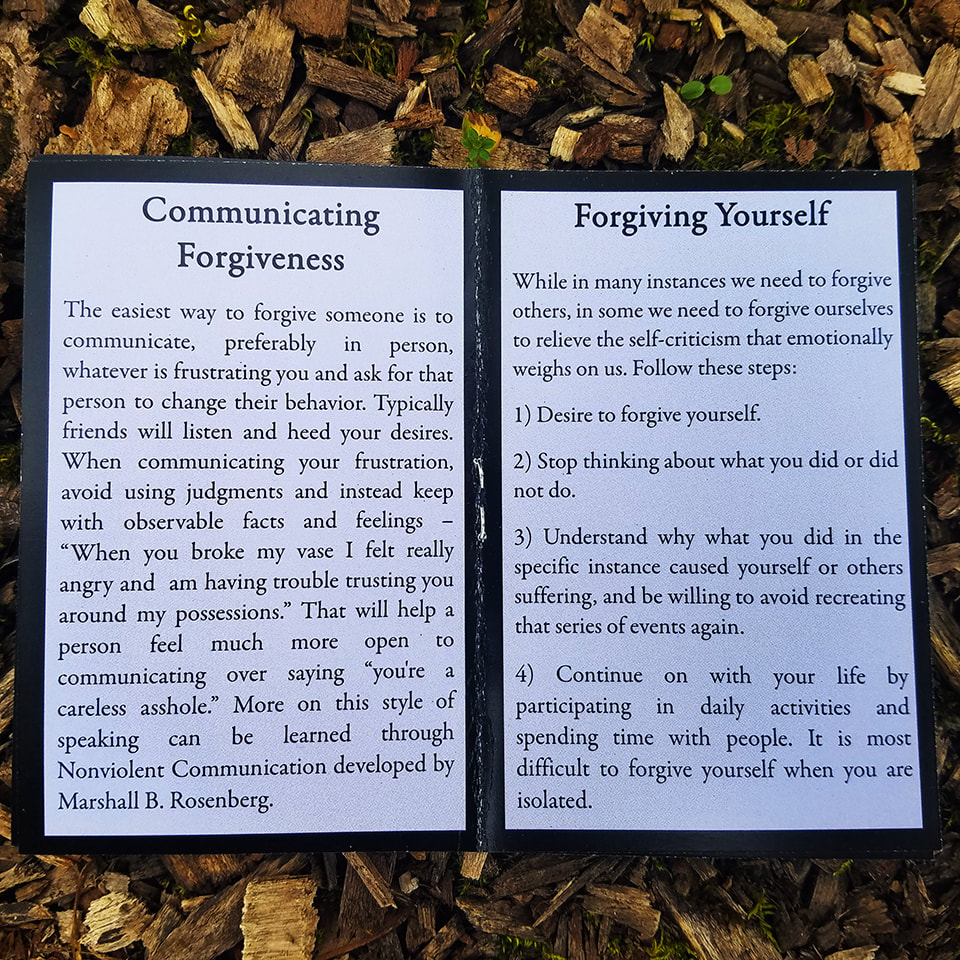
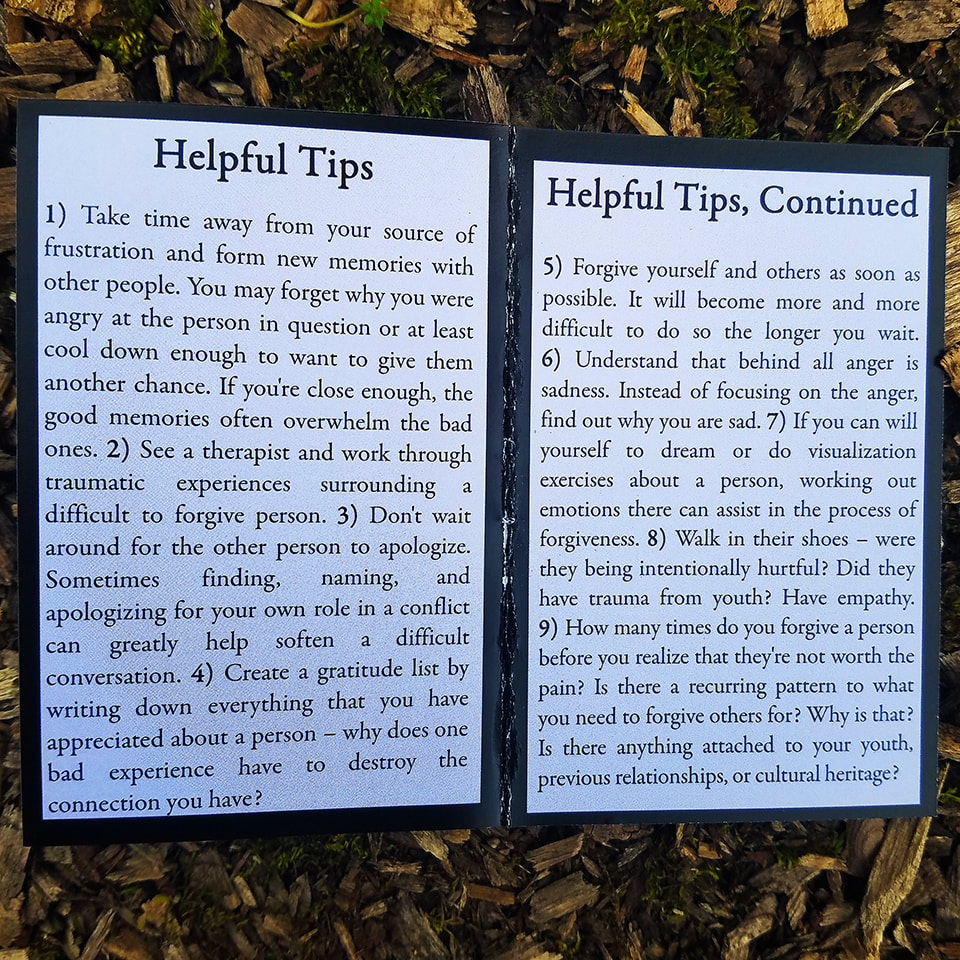


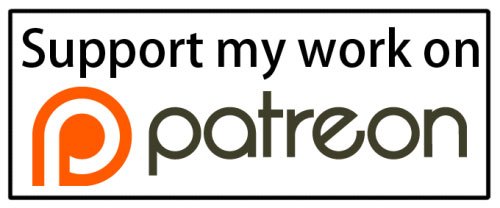
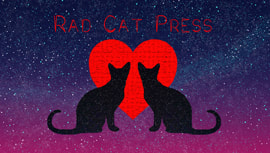
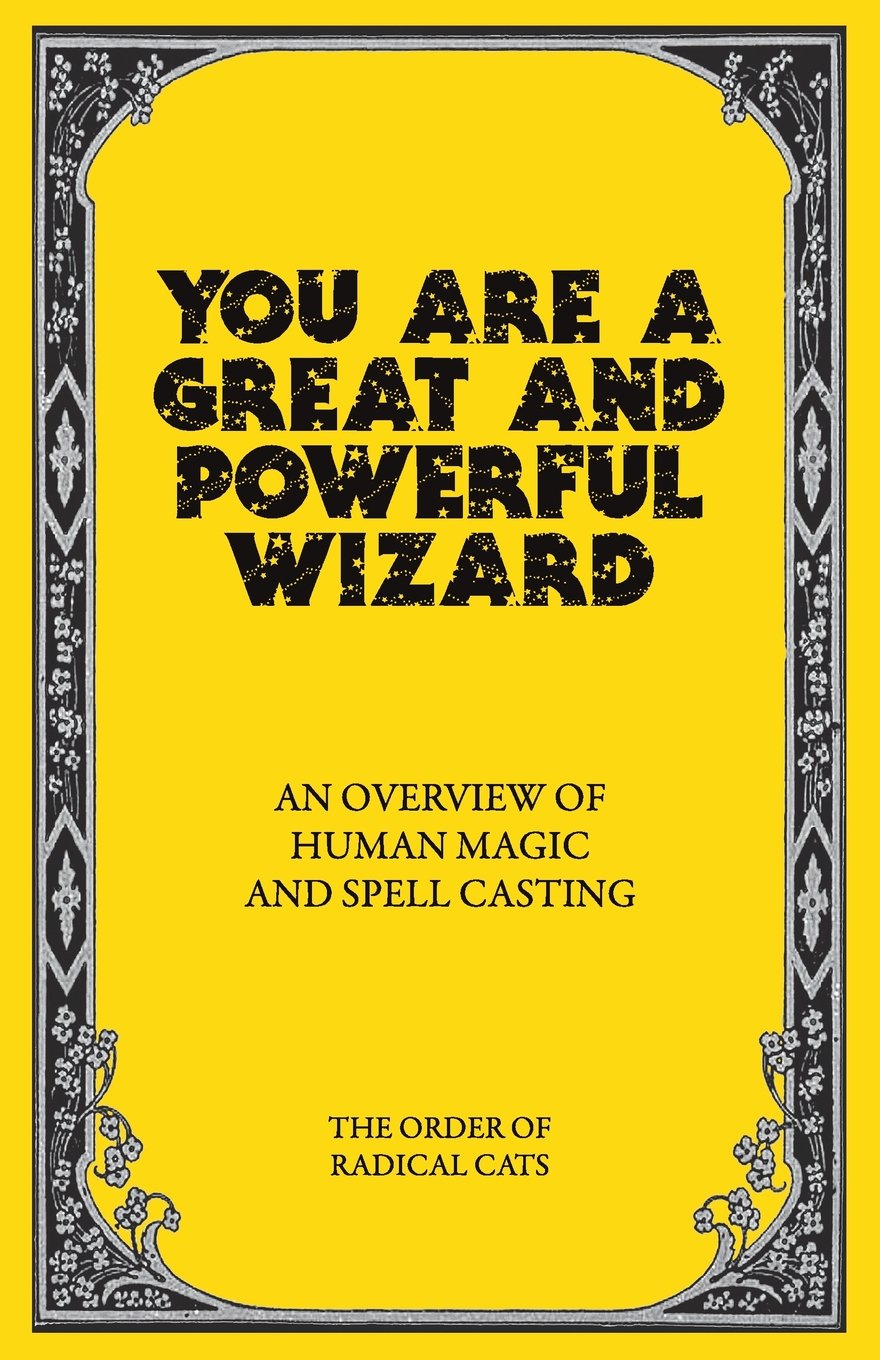
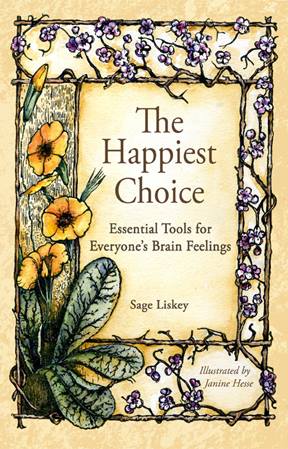
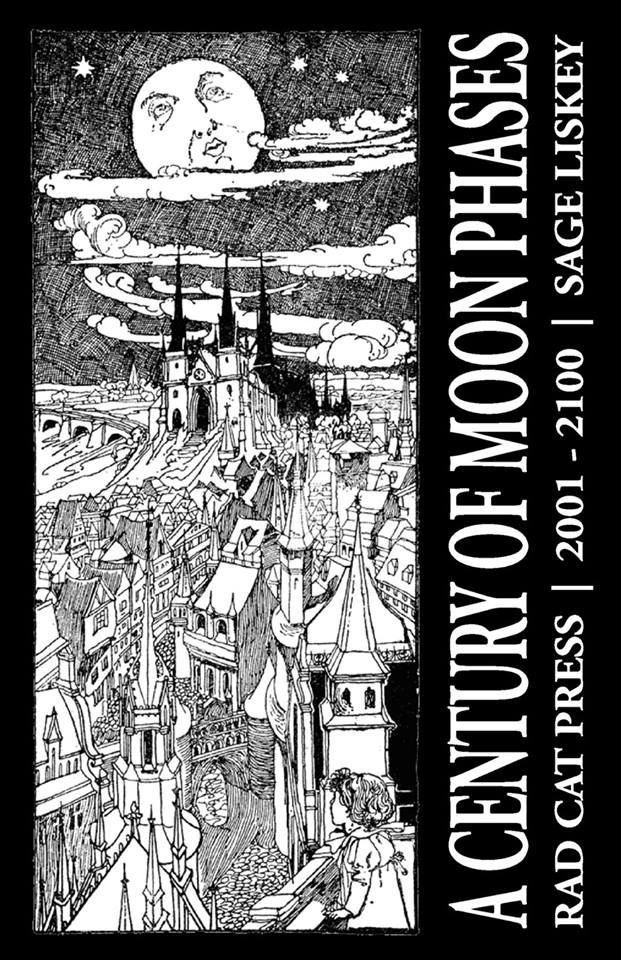
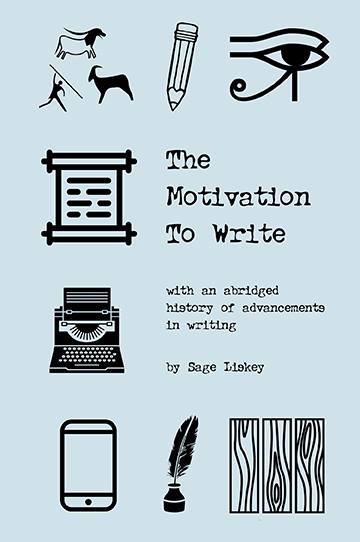
 RSS Feed
RSS Feed